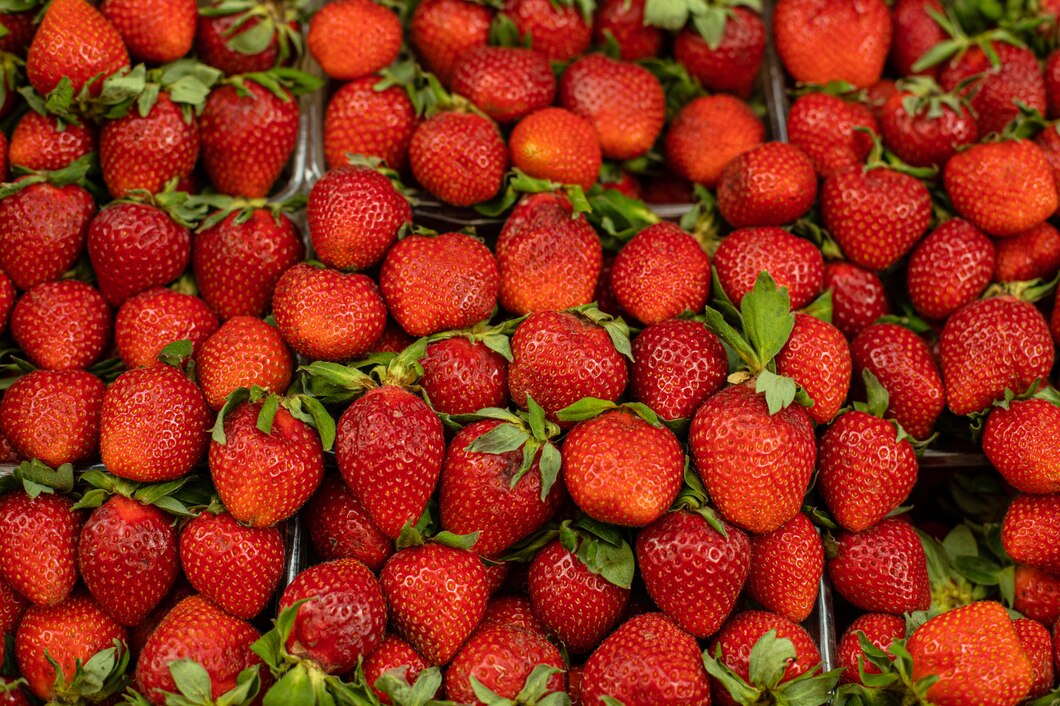Pesticide residues on food can pose health risks, including toxicity. Here are ten foods that are particularly vulnerable to pesticide contamination:
- Strawberries: Often have high pesticide levels due to their delicate skin.
- Spinach: Absorbs pesticides easily, making it a high-risk leafy green.
- Apples: Their skin retains pesticide residue even after washing.
- Grapes: Thin skins make them prone to pesticide contamination.
- Peaches: Soft skins allow pesticides to penetrate easily.
- Cherries: Frequently treated with multiple pesticides.
- Tomatoes: The thin skin can absorb pesticides.
- Potatoes: Pesticides can penetrate through the skin and into the flesh.
- Bell Peppers: Their uneven surface holds onto pesticide residues.
- Celery: Lacks a protective outer layer, making it highly susceptible.
To minimize exposure to harmful chemicals, opt for organic varieties of these foods when possible, and always wash produce thoroughly before consumption. Reducing pesticide intake is essential for long-term health and well-being.








